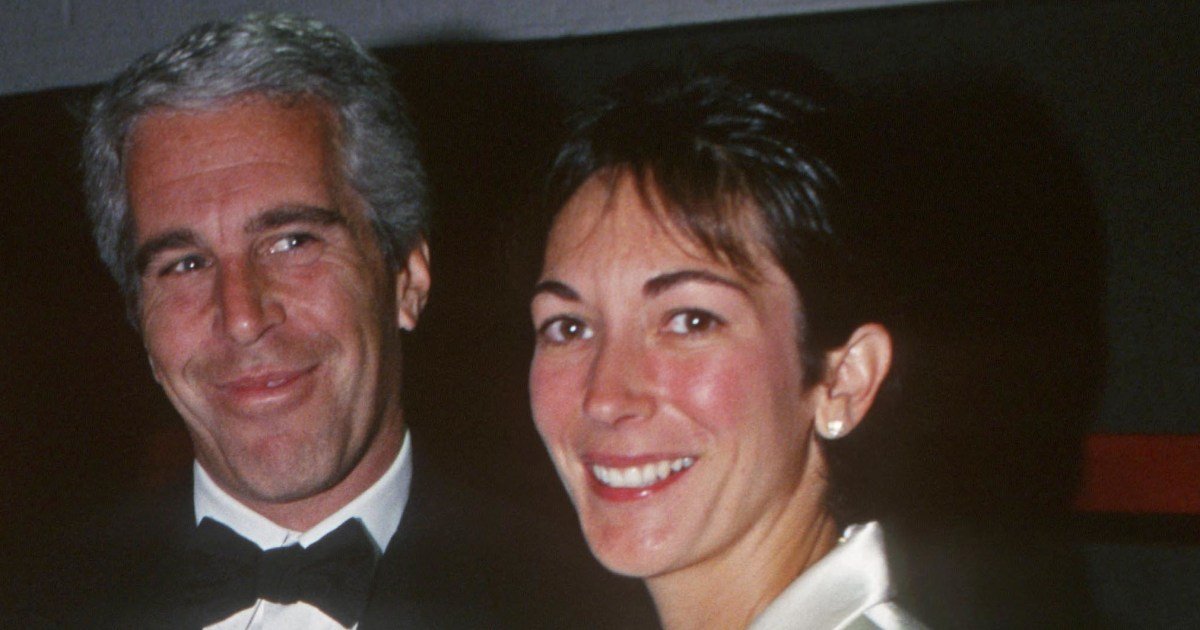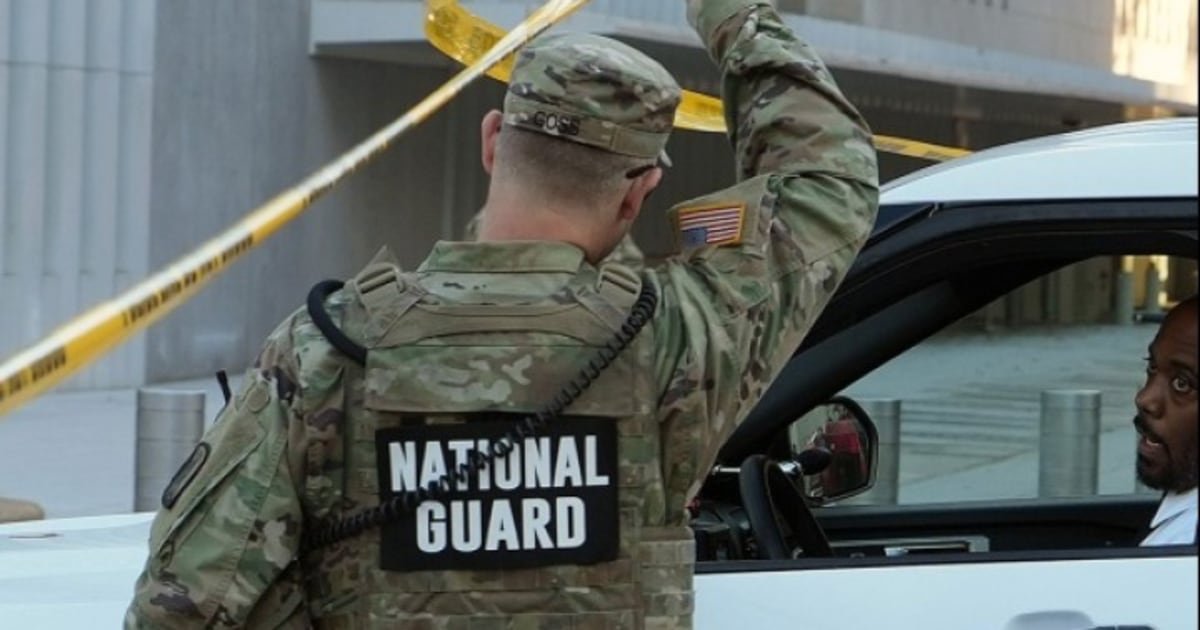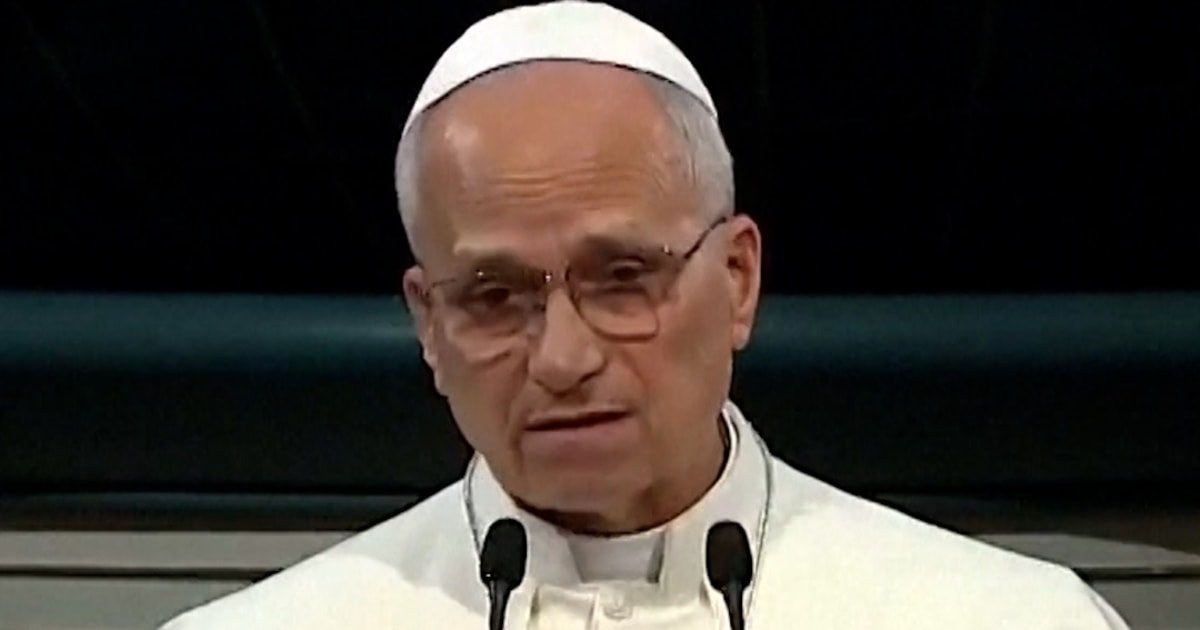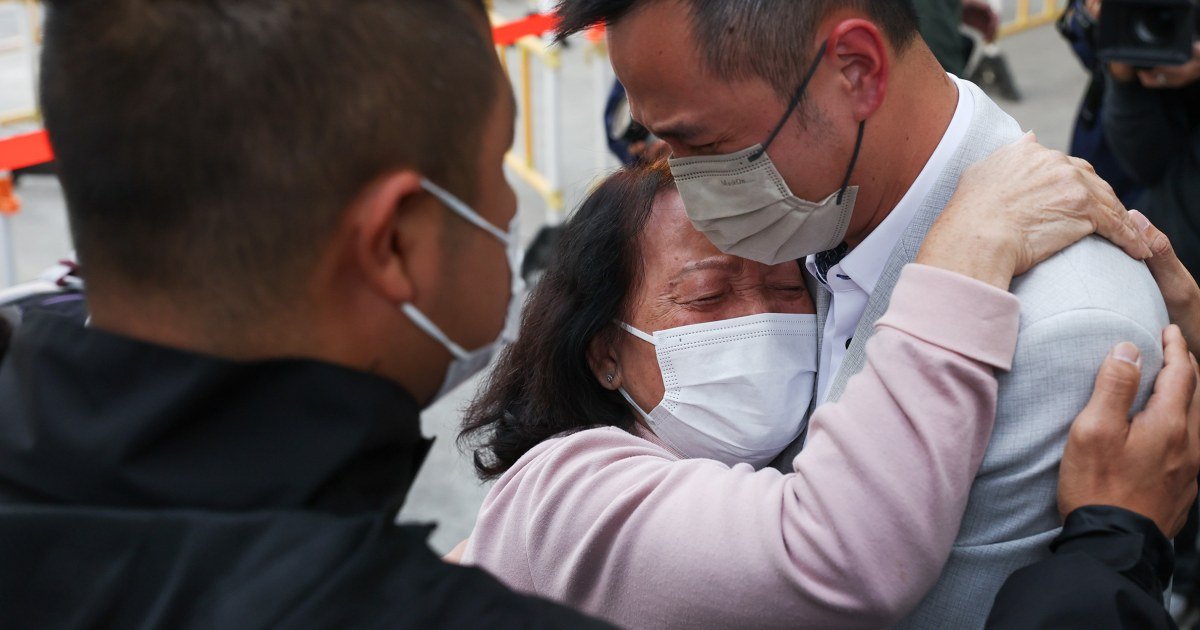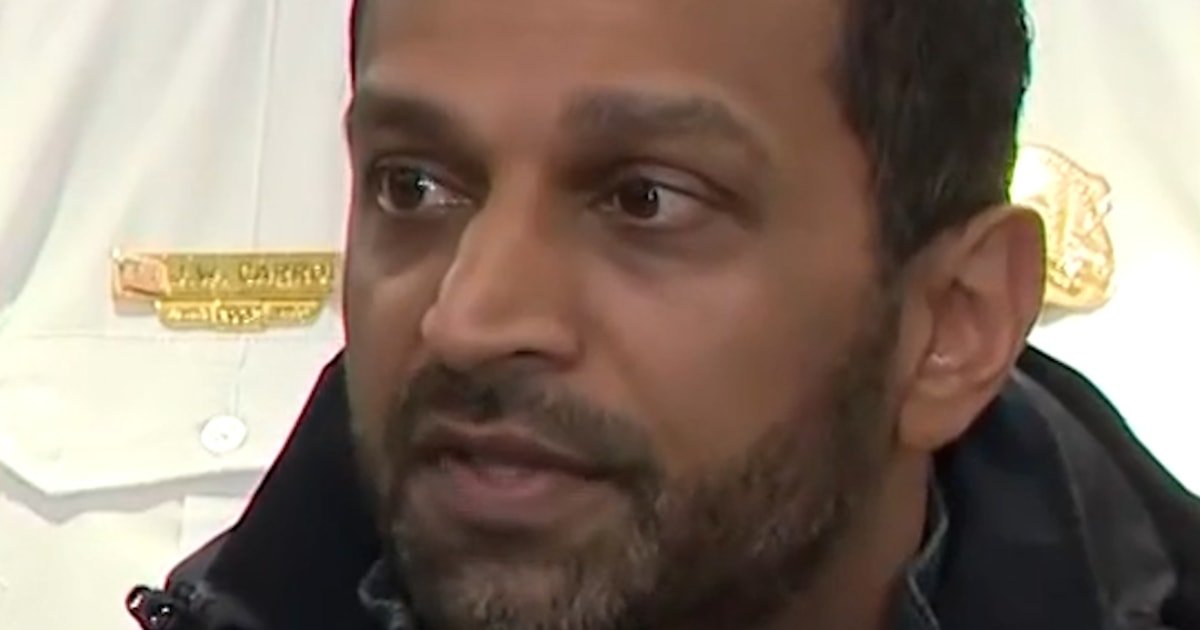A federal judge is pressing the Justice Department to explain how it will protect the identities of Jeffrey Epstein’s victims after lawyers said dozens of their names appeared unredacted in documents released by Congress, causing what they described as “widespread panic.”
Judge Richard Berman of the U.S. District Court for the Southern District of New York on Wednesday night requested a detailed description of the materials the government intends to release and an explanation of how it will safeguard victims’ privacy, including through redactions. Berman, who oversaw the trafficking case against Epstein, attached a letter from attorneys Bradley Edwards and Brittany Henderson calling for strict privacy protections in future publications.
The release of more than 20,000 documents by the House Oversight Committee caused “widespread panic” among survivors, the lawyers wrote.
Edwards and Henderson, who represent hundreds of Epstein’s victims, urged the Justice Department to redact the names of all victims in any future materials sent to Congress or made public. They also requested a private meeting with the Justice Department to share a list of more than 300 victims they represent so federal officials can guard against future disclosures.
Lawyers said dozens of victims’ names appeared unredacted in a cache of Justice Department documents and emails released this month, making the release a new source of concern for victims who had sought to maintain their anonymity.
“Transparency CANNOT come at the expense of the privacy, safety and security of victims of sexual abuse and sex trafficking, especially those survivors who have already suffered repeatedly,” the attorneys wrote.
According to the letter, some victims warned that revealing their names would put them in physical danger. Several told their lawyers that they had been approached by journalists on the street, including one who said she was confronted while standing with her 9-year-old son, according to the letter.
The lawyers pointed to a document released by the Department of Justice. which they said listed the names of “at least 28 victims…including individuals who were minors at the time of the abuse,” as well as women who had been granted protection in the same legal jurisdiction “as a result of serious public safety concerns.”
“This type of neglect by the government toward a survivor simply cannot be understood,” one alleged victim wrote in a document included in the court file. “I don’t understand how this is possible.”
“I haven’t been able to function mentally and emotionally or sleep,” said another.
A third said: “I thought the government had promised to hide our names and identification material. I don’t understand how this is happening again.”
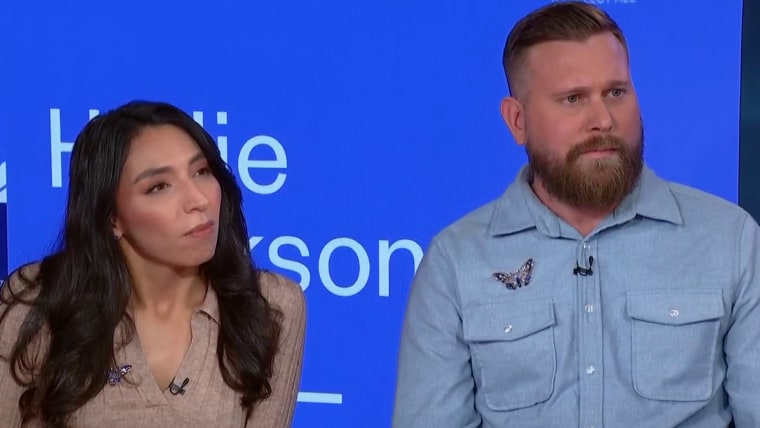
In their letter, Edwards and Henderson said some survivors fear the Justice Department “intentionally exposed their names” when it turned over thousands of unredacted files tied to Epstein’s case to Congress this year.
“These women now plead with this Court and the United States Department of Justice to allow them to choose to remain protected,” the lawyers said.
While Epstein’s heirs also did not redact some names, lawyers said they believed these were “genuine mistakes.”
The lawyers also accused the Justice Department of creating a “perpetual distraction” by releasing grand jury materials linked to Epstein co-conspirator Ghislaine Maxwell, arguing that the documents provide little meaningful information and are being used as a distraction.
The Justice Department did not immediately respond to a request for comment Thursday.
Berman presided over the government’s 2019 case against Epstein before the disgraced financier and sex offender died in jail while awaiting trial.
The letter from Edwards and Henderson comes after President Donald Trump signed a bill on Nov. 19 ordering the Justice Department to release its files on Epstein. The president, who for months opposed passage of the legislation, has continued to call the effort to release the files part of a “hoax.”
Congress passed the Epstein Records Transparency Act, directing Attorney General Pam Bondi to release all unclassified records linked to Epstein within 30 days, while withholding or redacting material that could jeopardize a federal investigation. It is not yet known exactly when or how the files will finally be published.
Some victims have criticized efforts to unseal grand jury testimony, saying those efforts have ignored victims’ repeated requests for privacy.




